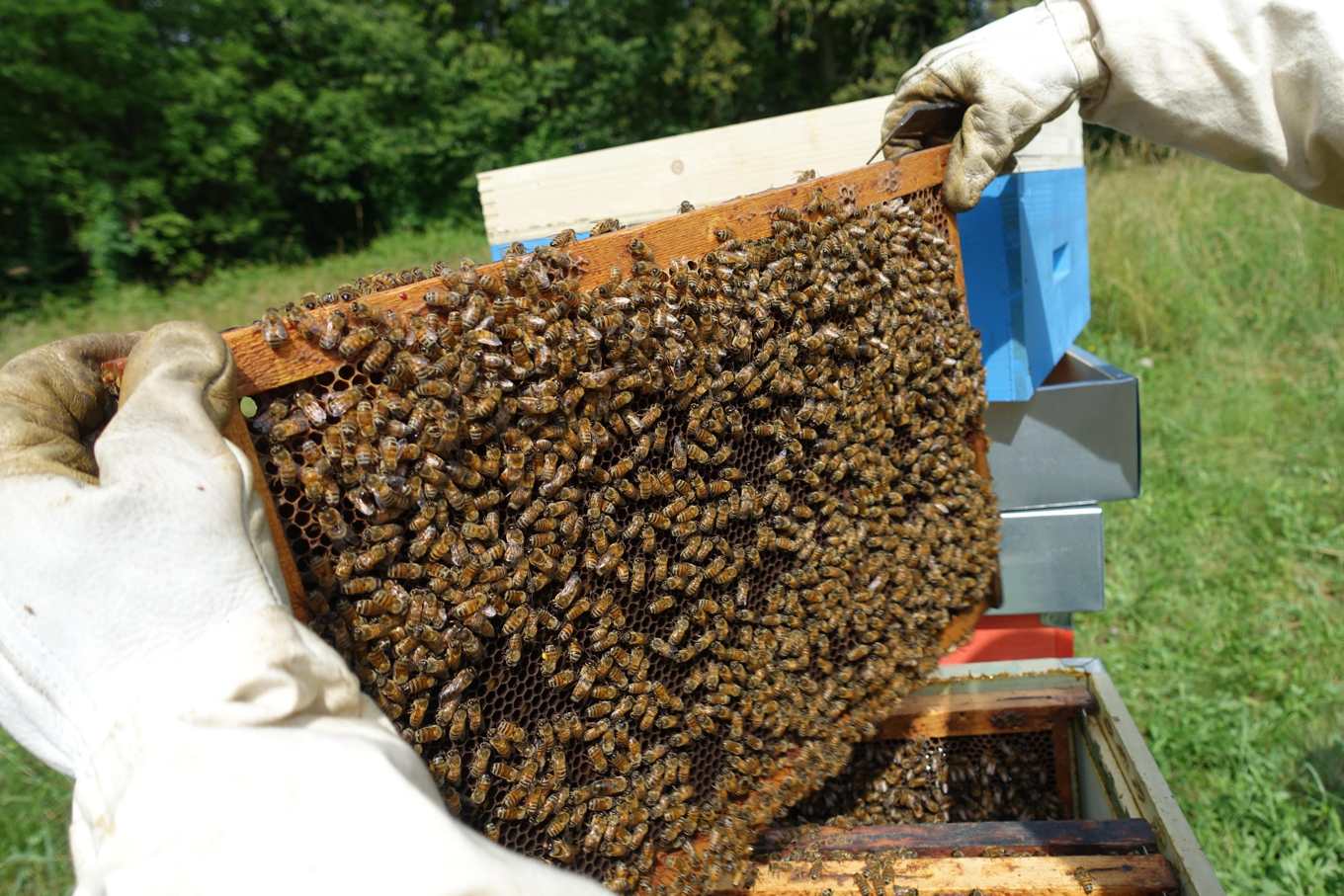The European Union finally decided to ban nicotine-like pesticides to save honeybees, │, and completely ban three insecticides, including Yida amine, in the field.
Share42 + 1 Tweet EmailShares 42
After a long wait, the European Union finally decided to bring the killer of bees to justice. From the end of 2018, three kinds of nicotine insecticides such as Idaramide, Cornidine and Saisuan have been banned in the field. Also supporting the protection of bees is the European Court of Justice, which in May ruled that the European Commission adopted the "early warning principle" in 2013 to ban the use of nicotine pesticides in flowering plants that attract bees, refuting allegations made by agricultural and chemical companies Bayer and Syngenta.
European Food Safety Agency: nicotinoids expose bees to high risk
"it was a mistake to approve the listing of nicotine (neonicotinoids) more than 20 years ago, causing an environmental disaster." European Pesticide Action Network (PAN Europe) Health and Environment Commissioner Demin (Martin Dermine) said. For honeybees, the EU's strict regulation of nicotine, which is widely used around the world, is only belated justice.
Nicotine has been accused of killing bees, but there is insufficient evidence. The evidence is now conclusive. After reviewing more than 1500 scientific studies, the European Food Safety Agency (EFSA) said in February that imidacloprid, clothianidin and thiamethoxam used in the field put bees at high risk.
Bees face different threats because of different pesticide uses. The European Food Safety Agency explained that "in addition to exposure to nicotine-treated crops when collecting honey, sometimes they are exposed to high-risk neighboring fields." In addition to the residues of pollen and nectar in crops treated with nicotine, nearby untreated plants may also be contaminated with nicotine dust.
The European Food Safety Agency also said, "in some cases, nicotine remains in the soil of agricultural land after nicotine is applied to crops, resulting in residues of pollen and nectar from newly planted crops. Not only bees, but wild bees are also threatened. "


Extreme weather, disease, parasites and habitat loss all threaten the survival of bees (Photography / Zheng Jieyi)
(Facebook headline: photo credit: Thomas Hawk Idaho Bees via photopin) (license)
European multinational study confirms that nicotine-like pesticides harm honeybees │ EU plans to permanently ban them in the field
(Taiwan 2017) the Prevention and Inspection Bureau promises that nicotine pesticides such as etamine will be suspended from use in litchi and longan for two years.
Honeybee nerve damage, humans increase the risk of cancer │ Harvard public health professor: long-term exposure to low-dose pesticides is a crisis
EU pesticides are halved without reducing production, nicotine is banned to save bees, and millions of anti-caramel plugs are signed.
Share42 + 1 Tweet EmailShares 42
- Prev

"calculate watermelons are very popular" ~ Dr. Caijin developed high-altitude inventory, calling on the whole country to take aerial photos to help farmers.
"calculate watermelons are very popular" ~ Dr. Caijin developed high-altitude inventory, calling on the whole country to take aerial photos to help farmers.
- Next

The reporter restores the truth! Qishan Meinong banana "did not abandon the scene" Please do not spread to hurt farmers
The reporter restores the truth! Qishan Meinong banana "did not abandon the scene" Please do not spread to hurt farmers
Related
- A course of planting techniques and methods on how to grow carrots
- How to plant the latest tulips?
- Is it better to pick tea in the morning or in the afternoon? When is the best time for tea to be picked? what is the third or fifth tea?
- Launch Yuanxiao Happy combination Haocha + Tea Yuan healthy Taste
- Penghu Tourism "Fireworks 20 Parade with You"
- 2022 West Lake Happiness holds "Digital Revitalization Voucher" and draws iphone13 and laptop.
- Banqiao Fuzhou social houses are designed to change start-up combined with police elimination to create a safe and livable environment
- The convenient measure of "mechanical weeding" in Xinbei has been abused and the Agriculture Bureau has imposed heavy penalties on the illegal land consolidation.
- Changgeng University Joins Hands with Four Memory Factories to Rescue Memory Talent Shortage
- The list of Taiwan's top 100 MVP managers is listed by the Director-General of the Farmers' Association of Sanxia District.

